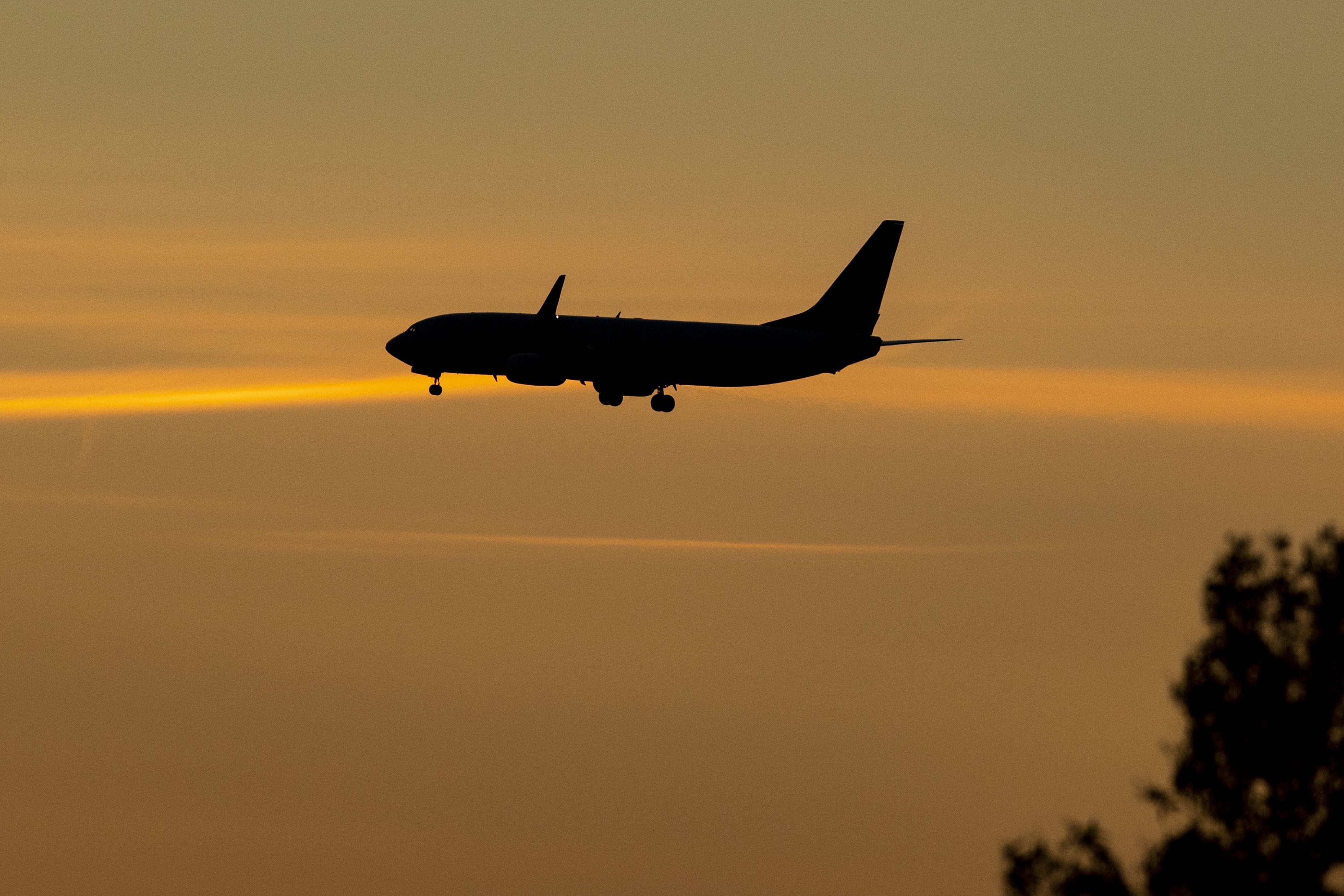£319m airlines compensation claim not in interest of consumers, judge rules
Judge Richard Davison said that there was a ‘lack of transparency’ in Claire Smyth’s motivations for the claim.

Your support helps us to tell the story
From reproductive rights to climate change to Big Tech, The Independent is on the ground when the story is developing. Whether it's investigating the financials of Elon Musk's pro-Trump PAC or producing our latest documentary, 'The A Word', which shines a light on the American women fighting for reproductive rights, we know how important it is to parse out the facts from the messaging.
At such a critical moment in US history, we need reporters on the ground. Your donation allows us to keep sending journalists to speak to both sides of the story.
The Independent is trusted by Americans across the entire political spectrum. And unlike many other quality news outlets, we choose not to lock Americans out of our reporting and analysis with paywalls. We believe quality journalism should be available to everyone, paid for by those who can afford it.
Your support makes all the difference.A woman’s High Court bid to make airlines take a “proactive” approach to paying compensation estimated to be worth more than £300 million has been thrown out as it is “not in the interest of consumers”, a judge has ruled.
Claire Smyth asked to be named as a “representative” of passengers who she said were not made aware of their rights to claim compensation on around 116,000 flights from 2016 to 2022.
She began legal action against British Airways and easyJet after her own flight was cancelled in 2022, claiming that airlines did not do enough to make customers aware of their rights.
Judge Richard Davison said that on a “rough and ready” estimate the claim was worth £319 million, but that 24% of any money recovered would be split between Ms Smyth’s lawyers and her employer, an Australian man named John Armour, who had funded the legal bid.
In a ruling on Monday, the judge dismissed her case, stating that the “dominant motive” for the claim was not the interests of passengers.
I would not allow the claim to go forward as a representative action because the dominant motive for it lies in the financial interests of its backers
He said: “I would not allow the claim to go forward as a representative action because the dominant motive for it lies in the financial interests of its backers, principally Mr Armour, and not the interests of consumers.
“That motive has translated into a proposed deduction from the compensation available to each represented party which is excessive and disproportionate.”
The judge said that Ms Smyth was due to travel from London Gatwick to Nice with BA in June 2022, but her flight was cancelled four days before departure.
She would have been entitled to £220 of compensation, with both BA and easyJet running online portals through which passengers can claim money back.
Ms Smyth did not use the portal but instead took legal action against the airlines on behalf of passengers on thousands of flights between December 2016 and August 2022.
At a two-day hearing in London in July, her barristers claimed airlines should automatically pay compensation to passengers who are entitled to it.
But lawyers for the airlines said that the claim should be dismissed as its “real motive force” was Mr Armour, who lives in Monaco and now employs Ms Smyth to run a family office after she was previously his yoga instructor, the judge said.
He added that the airlines claimed that Mr Armour was the “antithesis of a consumer champion” and that existing compensation processes were easy to use and allowed passengers to be refunded for free.
Throwing out the claim, the judge said that the work needed to identify passengers across thousands of flights would be “a very significant burden” on the airlines and that an “automatic” compensation scheme would not be “just or proportionate”.
On the material before me, I do not accept that her motivation lies in a desire to secure redress for consumers. She has had no prior involvement in such activities.
He added that Ms Smyth had not described her “personal motivation and ambition to promote consumer rights”.
He said: “There has been and there continues to be a lack of transparency regarding Ms Smyth’s motivation, funding and suitability.
“On the material before me, I do not accept that her motivation lies in a desire to secure redress for consumers. She has had no prior involvement in such activities.
“Her evidence suggests or is only really consistent with that interest having been sparked by the chance, though common enough, experience of her cancelled flight.
“But she has not explained how and by what process that led her to the very considerable undertaking of a representative action brought by her on behalf of many millions of others.
“The availability of funding from Mr Armour, her employer, strikes me as unlikely to have been fortuitous.”